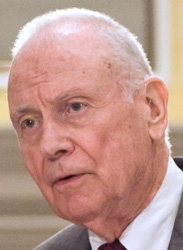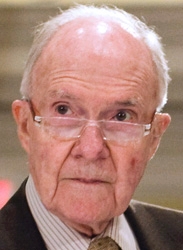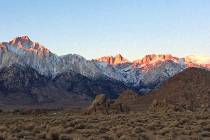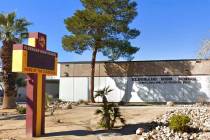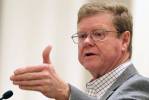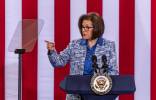Senate panel seeks new nuclear waste repository
WASHINGTON -- With Yucca Mountain politically unviable, energy policy leaders in the U.S. Senate are working on an "action plan" to address the urgent need to find a permanent disposal site for nuclear waste.
The Senate Energy and Natural Resources Committee held a hearing Thursday to consider a report from the Blue Ribbon Commission on America's Nuclear Future that stressed the need for a "consent-based" approach to selecting a disposal site.
Sen. Lisa Murkowski of Alaska, the ranking Republican on the panel, complained that billions of dollars have been spent and decades lost to secure Yucca Mountain in Nevada as the repository but that the political reality requires a new approach.
"I have long been a supporter of Yucca but I guess if you look at the writing on the wall, it is out. If that's not going to happen, we've got to get moving on another solution," Murkowski said.
Sen. Jeff Bingaman, D-N.M., who chairs the committee, said that Congress short-circuited the siting process in 1987 and focused all its efforts on Yucca Mountain.
"That has now proved to have been a mistake. The Blue Ribbon Commission has provided us with a road map for putting the program back on track," he said.
Murkowski and Bingaman joined several months ago with the leaders of the Senate Appropriations energy subcommittee -- Sens. Dianne Feinstein, D-Calif., and Lamar Alexander, R-Tenn. -- to form a group to determine what actions Congress should take on nuclear waste. The bipartisan foursome was given a briefing on a draft of the commission's report in December.
Lee Hamilton and Brent Scowcroft, the co-chairmen of the Blue Ribbon Commission, told the Senate Energy Committee that it was a costly mistake to dictate Yucca Mountain as the nation's nuclear waste repository.
"You have to have the buy-in of the local community or it's not going to work," Hamilton said. "Consent is difficult and hard. but we think it is the only way to go."
The interests of all stakeholders must be "adequately protected and enhanced," Scowcroft said.
Sen. James Risch, R-Idaho, questioned whether a consent-based approach would work given that opposition to Yucca Mountain came from outside Nye County.
"Nye County commissioners were fully on board with it. and we won't do it," Risch said.
Scowcroft and Hamilton pointed to successes in Finland, Sweden and Spain as examples of where communities are on board with hosting nuclear waste depositories. They also noted that in Carlsbad, N.M., the community has embraced a low-level nuclear repository.
Sen. Dean Heller, R-Nev., who is a member of the committee, arrived about an hour into the hearing to deliver a strong statement in support of the commission's recommendations and against disposing of nuclear waste at Yucca Mountain, 100 miles northwest of Las Vegas.
Calling it a decades-long boondoggle, Heller said Yucca Mountain has been plagued by mismanagement and safety questions that have left many Nevadans distrustful of the federal effort to force the depository on them.
"I feel Nevadans have a right to feel safe in their own backyards," he said.
Heller said he supports a consent-based approach that includes a broader constituency than local officials. Nevada's congressional delegation, governor and the majority of the state Legislature oppose Yucca, Heller said.
Hamilton said it would probably take Congress several years to turn the commission's recommendations into legislative action. But, he urged them to start.
"What I don't want to see happen is for everything to come to a stop," he said.
Contact Stephens Washington Bureau reporter Peter Urban at purban@stephensmedia.com or 202-783-1760.



